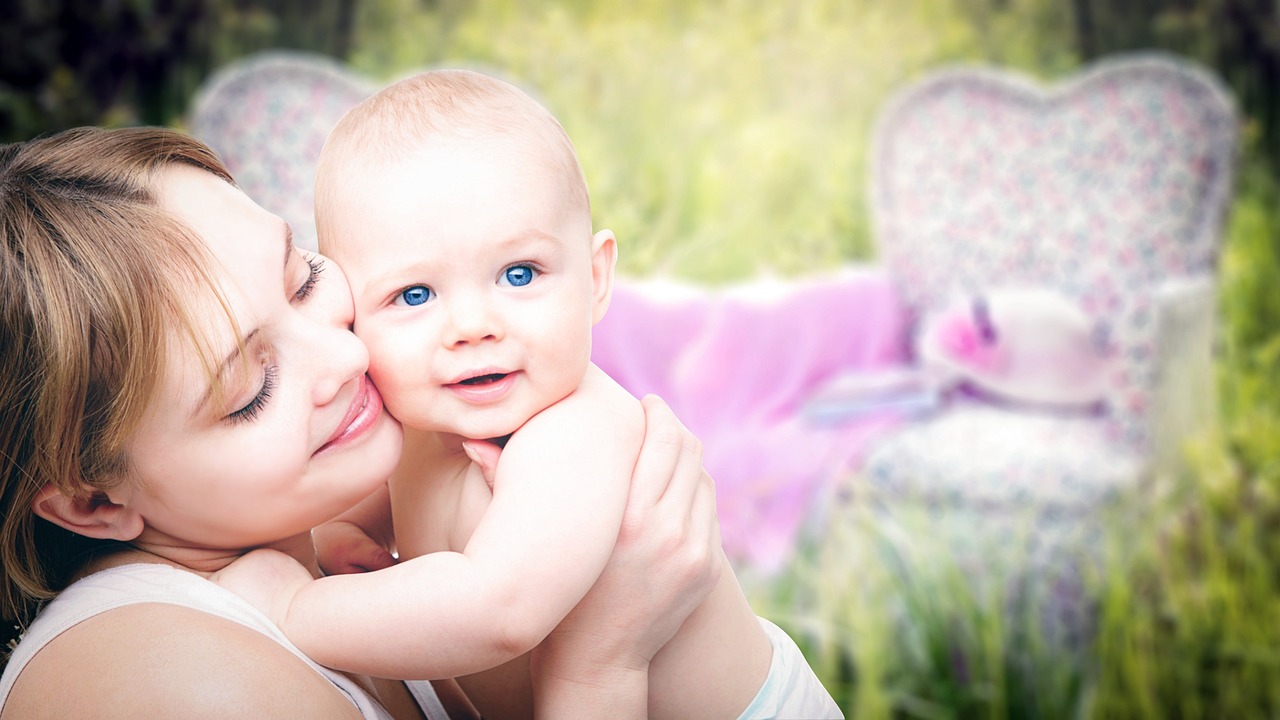Becoming a mother is a profound journey filled with joy, challenges, and transformation. In the dynamic landscape of motherhood in the European Union, women are not only embracing motherhood at a later stage but also facing unique emotional battles. The “Need to Connect” project sheds light on the emotional aspects of motherhood, revealing the struggles that first-time mothers in the EU encounter as they navigate feelings of loneliness, combat the “mom shaming” effect, and challenge prevailing stereotypes about what constitutes a “good mother.”
A recent article by The Brussels Times highlights the results of the newest EU research on the age of first-time mothers. The research indicates that European women are becoming mothers at an increasingly advanced age. The average age of first-time mothers has risen, and the percentage of women becoming mothers after the age of 30 is on the rise as well. This trend is consistent across various EU member states and showcases a shift towards postponing motherhood until later stages of life.
Loneliness: An Unseen Struggle
While delayed motherhood offers women the freedom to pursue education and careers, it can also contribute to feelings of isolation and loneliness. The societal focus on individual achievement often leaves mothers feeling disconnected from their peers who may not be at the same life stage. The “Need to Connect” project emphasizes the importance of addressing this emotional aspect of motherhood, highlighting the need for support systems that help mothers build meaningful connections with one another.
The “Mom Shaming” Effect: Breaking the Cycle
In an age of social media and constant comparison, the phenomenon of “mom shaming” has gained prominence. First-time mothers often find themselves judged for their parenting choices, whether it’s related to breastfeeding, sleep routines, or childcare approaches. The EU research underscores the detrimental impact of “mom shaming” on maternal mental health, emphasizing the need for a more empathetic and understanding society.
Challenging Stereotypes: Redefining the Good Mother
Stereotypes surrounding motherhood are deeply ingrained in society. The image of the “perfect mother” who effortlessly balances every aspect of life can be both unrealistic and harmful. The research findings highlight the importance of challenging these stereotypes and redefining what it means to be a good mother in the modern EU context. Mothers are not one-size-fits-all; they come from diverse backgrounds and have unique circumstances that shape their parenting journeys.
Creating a Supportive Environment:
To address the emotional challenges faced by first-time mothers in the EU, a multifaceted approach is required. Firstly, creating spaces for open dialogue about motherhood, loneliness, and societal pressures is crucial. Peer support groups, online forums, and community initiatives can play a pivotal role in connecting mothers and offering a safe space to share experiences.
Secondly, promoting awareness campaigns that shed light on the negative impact of “mom shaming” can help shift societal perceptions. Educating the public about the diversity of parenting choices and their individual merits can encourage a more inclusive and accepting environment.
Lastly, encouraging policies that support work-life balance and flexible arrangements can alleviate some of the pressure on mothers to meet unrealistic standards. When women are given the freedom to pursue their careers while also being present for their families, it contributes to their overall well-being.
Conclusion
Late motherhood in the EU brings with it a range of emotional challenges that go beyond the physical aspects of parenting. The “Need to Connect” project and EU research highlight the importance of addressing feelings of loneliness, combatting “mom shaming,” and challenging traditional stereotypes. By fostering a supportive environment that values diverse parenting choices and creates spaces for open conversations, society can empower first-time mothers to navigate their journeys with confidence, resilience, and a sense of belonging.





Comments are closed